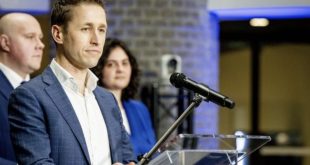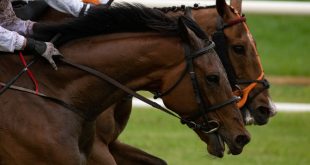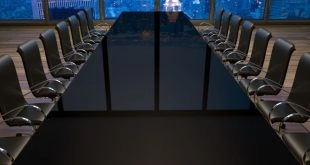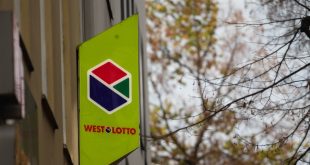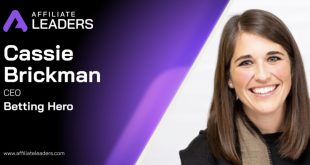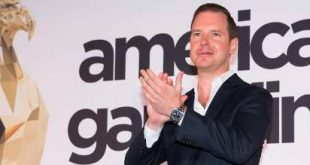David Baazov has walked away from his bid to take control of Amaya, the gambling operator he has been instrumental in building over the last few years.
In a release issued to the media, Baazov claimed: “The decision to terminate my attempted acquisition of Amaya was not an easy one. I retained a full suite of advisors, arranged committed financing, and engaged in constructive negotiations with Amaya’s board of directors. I submitted an unconditional, fully financed offer of $24 per share, higher than my original announced intention to submit a $21 per share offer.
“However, during the discussions it became evident that the share price premium demanded by certain shareholders exceeded the price at which my investors and I would be willing to complete a transaction. After consulting with my advisors, I determined that the best course of action for me and Amaya would be for me to end my attempt to purchase the company.”
Amaya was quick to confirm the end of the bid with a short message to the stock market: “Amaya Inc confirmed that discussions with its former Chief Executive Officer, David Baazov, regarding the offer to acquire Amaya by an entity to be formed, have terminated.”
Baazov stepped down from the role of CEO at Amaya to concentrate on fighting internal trading charges in Quebec, but still found time to rally a group of investors to back his bid of $4.1bn to takeover the country. However the wheels started coming off the bus last month when it transpired that one of the investor companies claimed not to be involved with the deal at all, and while the other investors vowed to fill in the funding gap this created, existing shareholders remained unconvinced,
As the founder of Amaya this was not a decision I took lightly, as it was always my intent to arrive at an outcome that was in the best interests of all shareholders.
Baazov added: “I wish my friends and former colleagues at Amaya continued success in driving value for all shareholders.” Given that he retains the biggest individual shareholding on Amaya – at 7.2% – it is no wonder that he wants the company to thrive even without his influence.


